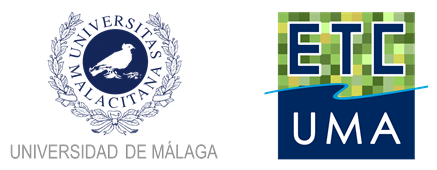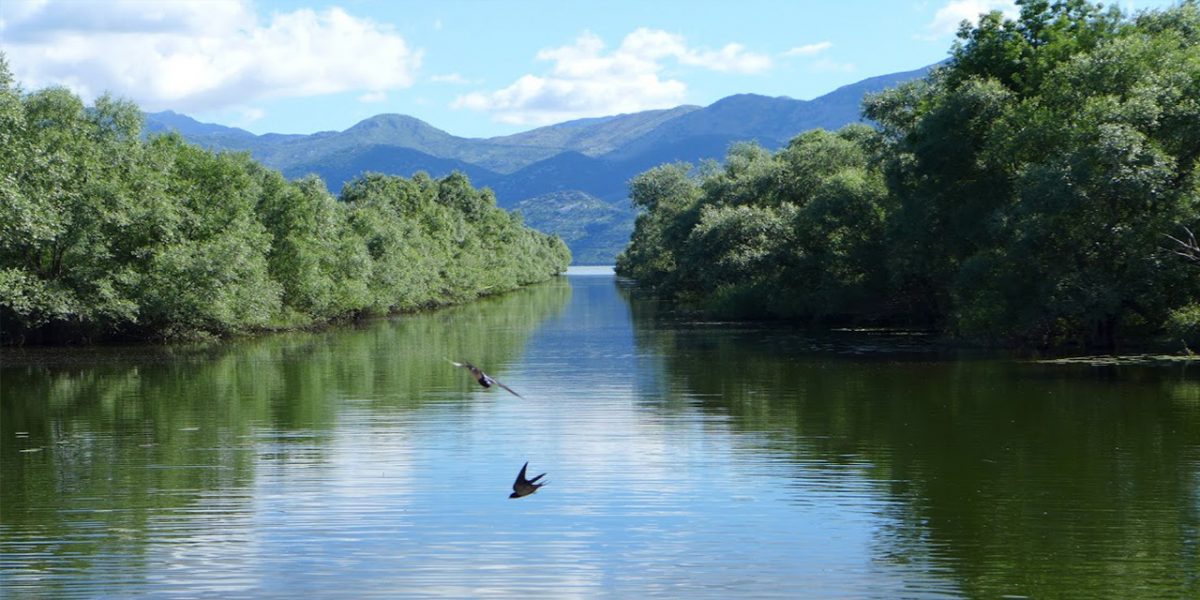Reuniting international experts and EU policy representatives, the webinar led by the ETC-UMA and the UN Environment Regional Activity Centre Plan Bleu organized on 22 October in the frame of the EU Green Week has raised the flag on the need for the adoption of a new, more realistic definition for wetlands that affects sectoral policies at all levels.
The Director of ETC-UMA, Dania Abdul Malak, co-author in the EC Science to policy report* just published (JRC, 2020) highlighted during the event that, “following 8 years of research and data analysis in collaboration with the EU Joint Research Centre, European Environment Agency, DG Environment, and others, the chapter on wetland ecosystems provides scientific proof that wetlands are the most degraded ecosystem in Europe”, in addition to the 2018 Mediterranean Wetlands Outlook report which clearly highlights the negative long-term trends worsening the condition of wetlands and threatening their future.
Anne Teller from EU DG Environment and Florian Claeys from EU DG Clima, acknowledged the importance of wetlands in multiple initiatives related to the EU Green Deal, and their central role to achieve EU objectives regarding climate neutrality, biodiversity protection, zero-pollution, flood protection, circular economy, research funding and international influence.
The webinar highlights the need to adapt the EU definition of wetlands, as explained by Tobías Salathé, senior advisor to the Ramsar Convention on Wetlands, and highlighted by ETC-UMA Director, to foster a comprehensive policy approach in line with the EU Green Deal to achieve operational and win-win measures at EU and local levels.
The EU ecosystem assessment is based on an analysis of trends in pressures, condition and services of marine, freshwater and land ecosystems of the EU+UK using 2010 as baseline year, providing an evaluation of the 2020 biodiversity and ecosystems targets and offering the foundations for a 2030 biodiversity policy and EU nature restoration plan. The main findings resulting from ETC-UMA work discussed were:
- Wetlands are in a very poor condition due to the lack of proper definition and classification: the degrading trend means that unsustainably managed wetlands are reported as net emitters of carbon and that degraded wetlands lose their functional capacity failing to provide recreation, sequestration and carbon storage capacity and Nature Based Solutions to flood risk reduction.
- Knowledge gaps still exist: coastal wetlands remain a major knowledge gap due to the limitation of balanced knowledge of their diverse habitats. Understanding carbon fluxes and aligning ecosystem reporting and carbon reporting are still major gaps for wetland ecosystems.
- A coherent policy framework for wetlands is lacking and urgently needed. In contrast to other semi-natural ecosystems, wetlands have insufficiently profited from an ecologically-sound legal designation under the EU environmental directives and need to be redressed by relevant policies across all economic sectors to achieve effective protection and management, including restoration of key areas where needed.
This EU Green Week event is one of the activities developed under the umbrella of the Interreg Mediterranean Biodiversity Protection Community project led by ETC-UMA.
Webinar conclusions and main recommendations by experts and participants
To access the full report and the Chapter 3.4. Assessment of Wetland ecosystem condition in the EU: Mapping and Assessment of Ecosystems and their Services: An EU ecosystem assessment (2020)
For more details, contact: panacea-med@uma.es



